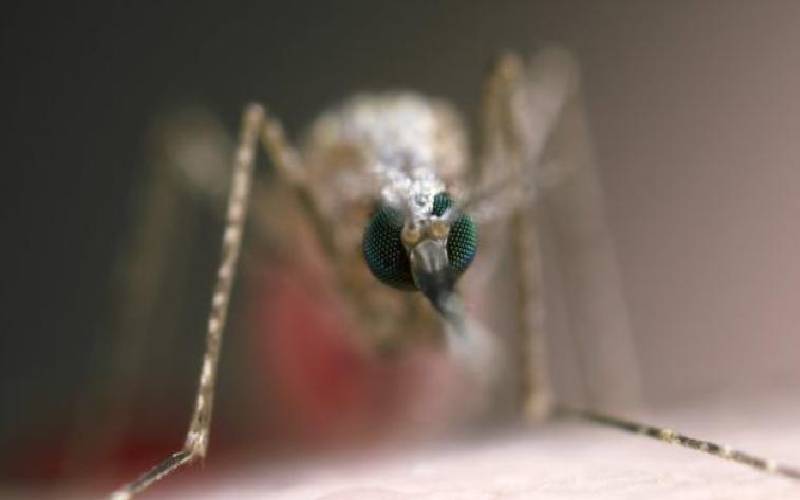×
The Standard e-Paper
Stay Informed, Even Offline

While the world is focused on tackling the coronavirus, there are warnings that it should not lose sight of other health threats. The World Health Organisation (WHO) says the number of deaths from malaria in sub-Saharan Africa this year could double - and Covid-19 is to blame.







